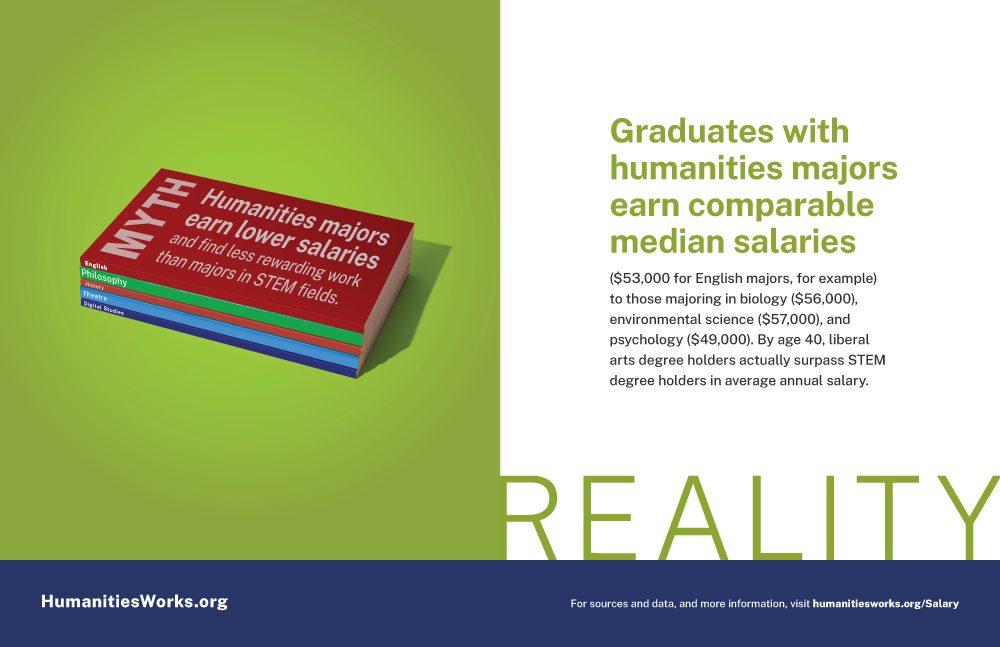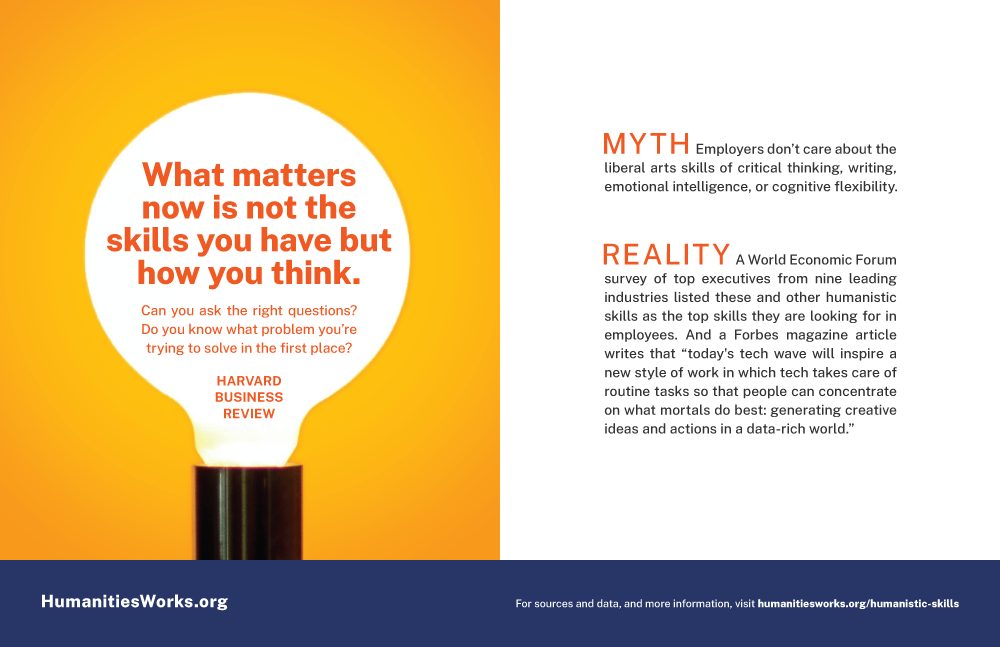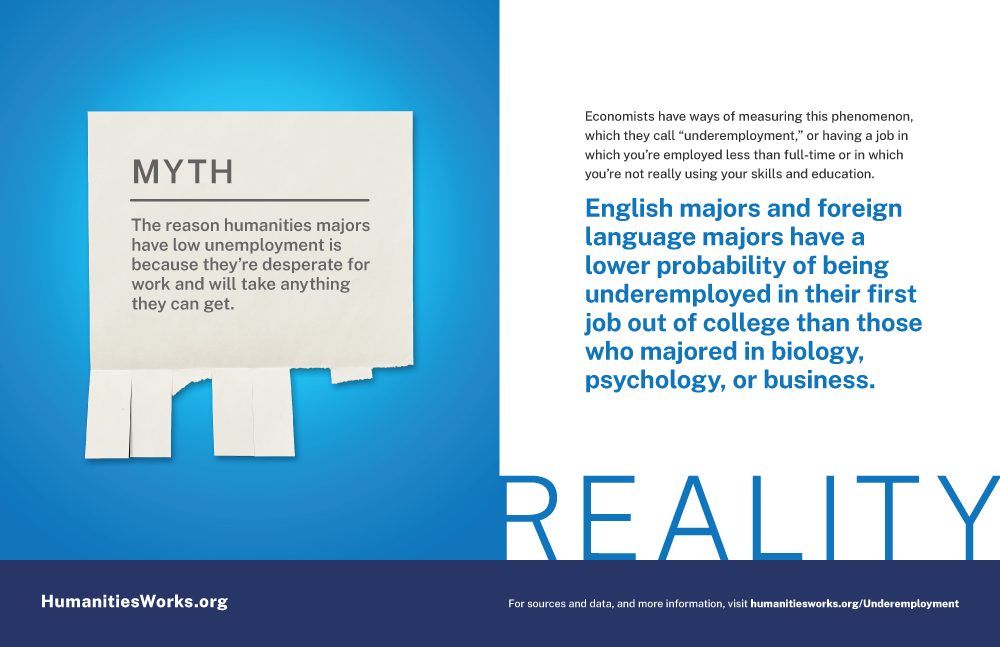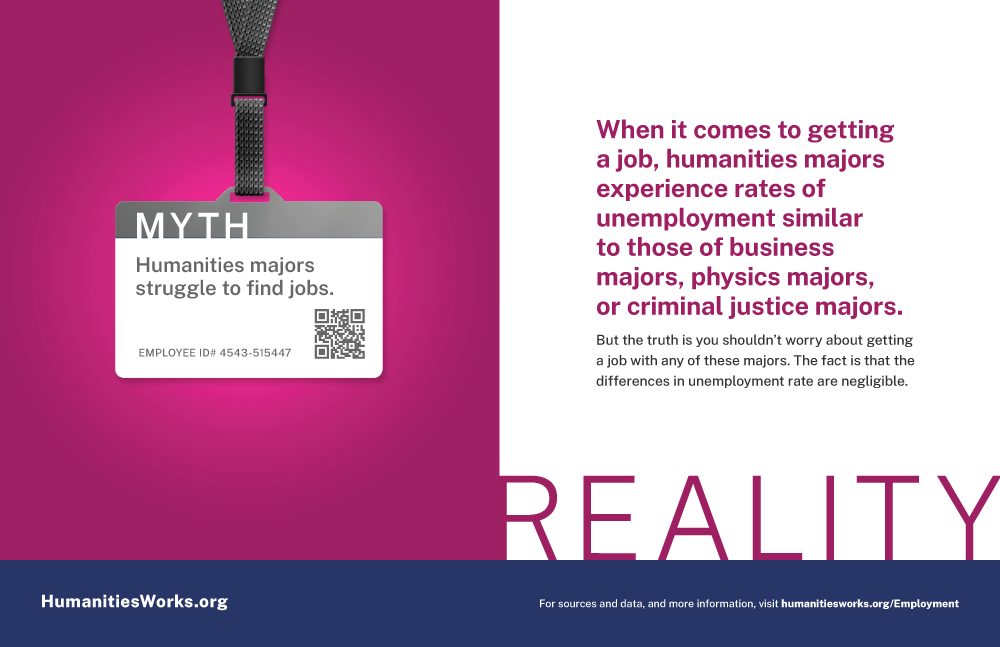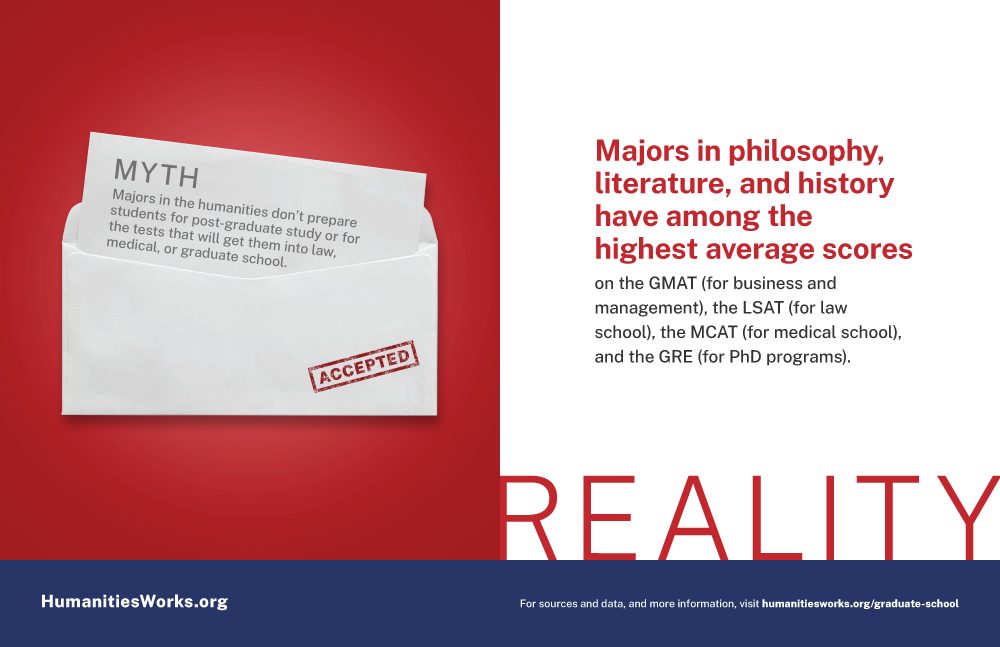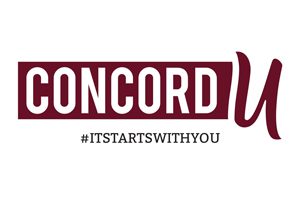Department Of Humanities

What are the Humanities?
The Department of Humanities offers classes in languages, writing, literature, history, philosophy, and religion. All of these are central to what it means to be human. Taking these classes can help you learn to better communicate with others, to better understand others, to better understand our past and present, and to take part in some of the central questions that humans have always asked (for example, Why did that happen? Is this ethical?)
If you are interested in learning the lessons of the past and applying them to the present and the future; writing novels or songs; learning about other cultures and your own through literature, history, and language, we have the classes for you!
We offer majors in English (BA) and History (BA), and minors in English, History, and Philosophy & Religion.
We also offer content courses for English Education majors and Social Studies Education majors.
Humanities: The Myths Versus The Realities
The Department of Humanities wanted to highlight some of the common myths and misconceptions that surround the humanities, and shed some light on the realities of studying in this field. This information comes from Humanities Works, an organization that creates posters, postcards, and handouts to support the humanities. Visit their site to learn more.
Our Faculty and Staff

Williams, George
Assistant Professor of English / Director of Veteran Services
304-384-5171
Email Me

